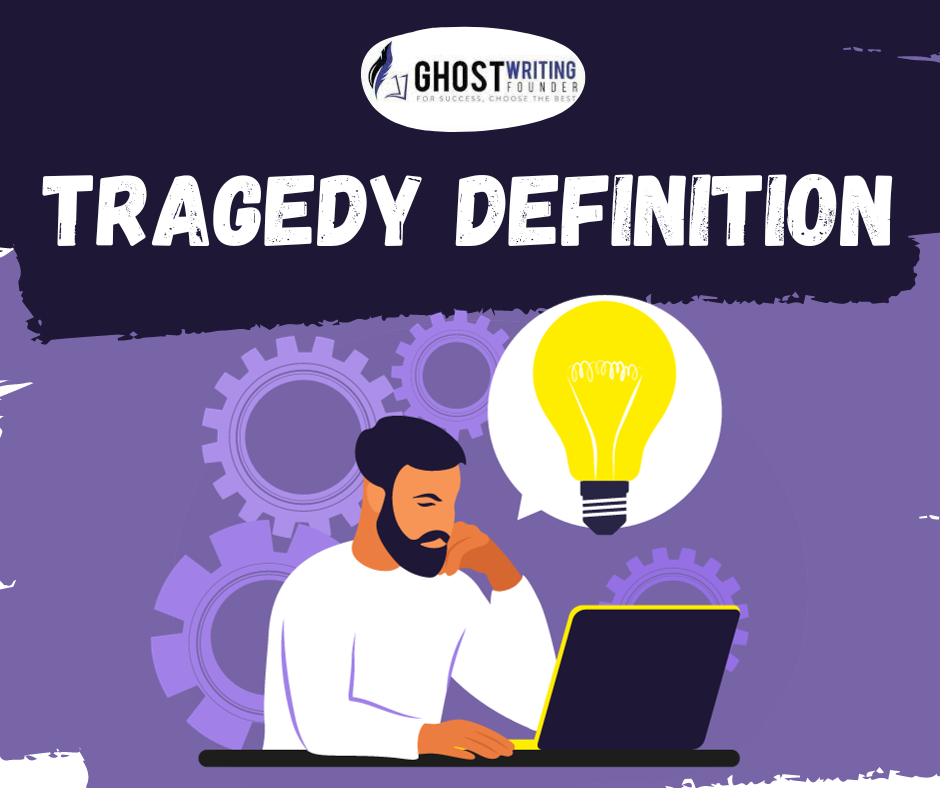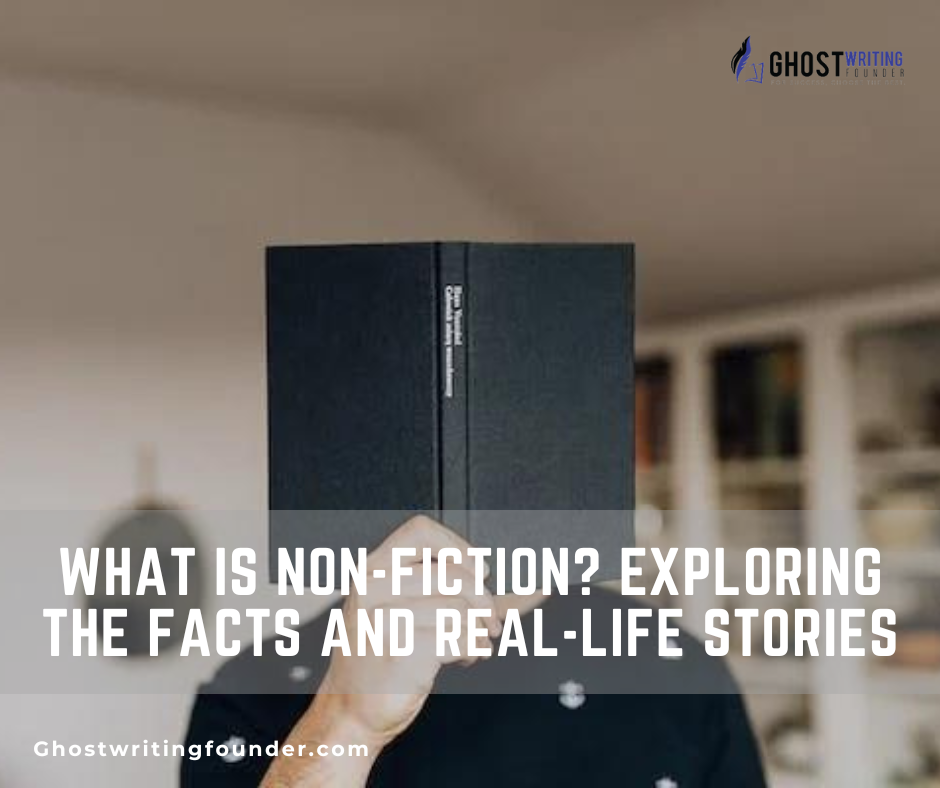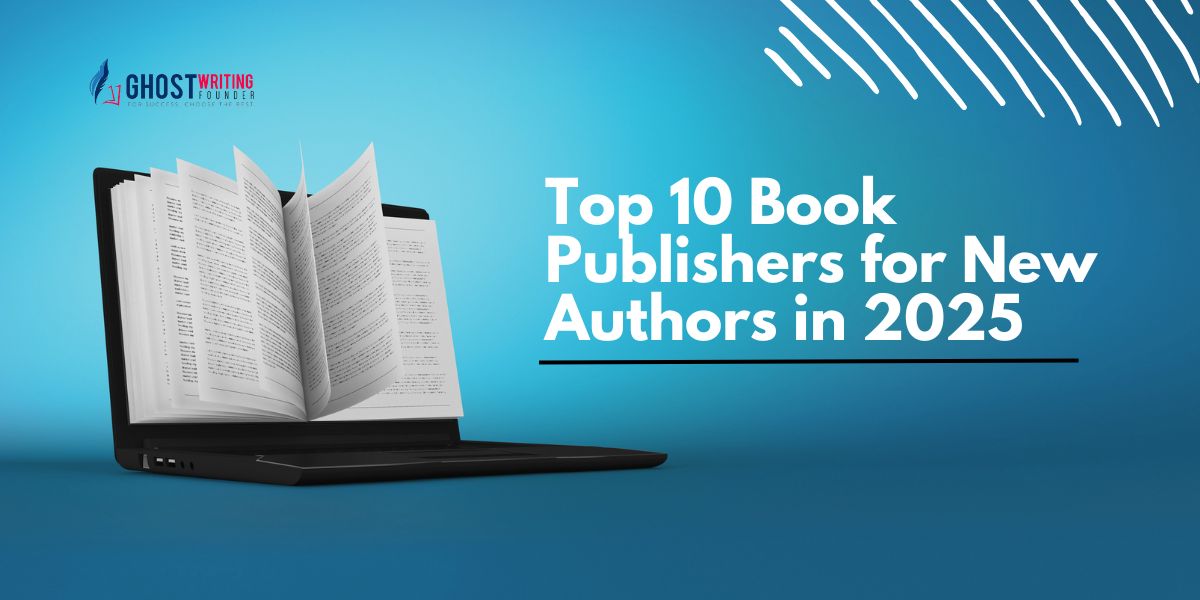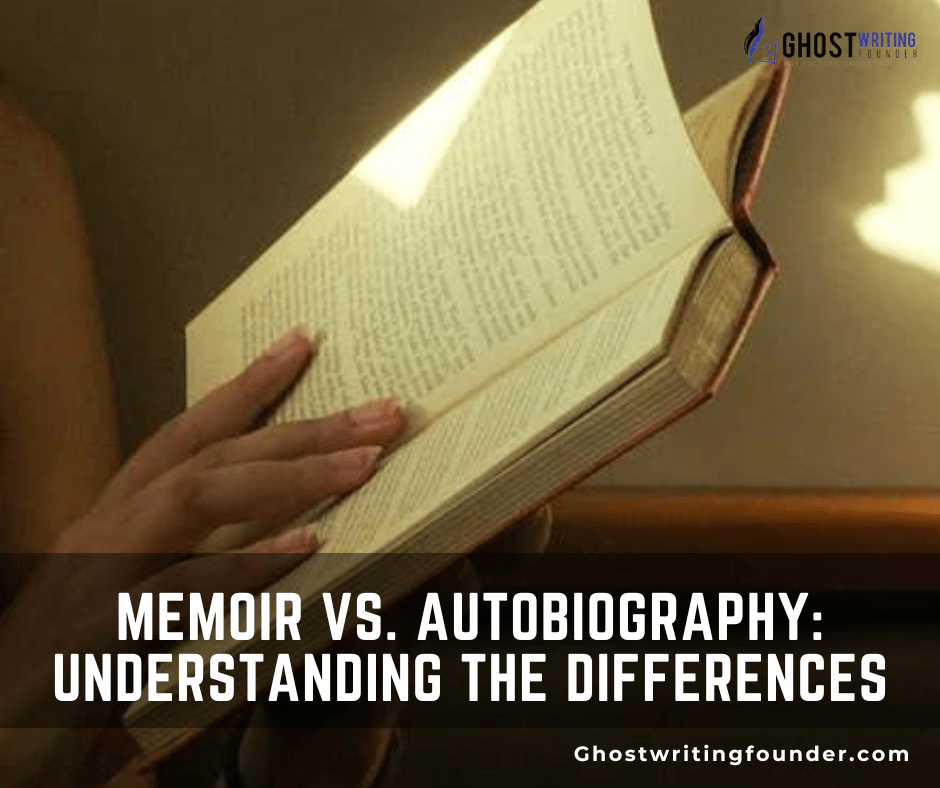
book writing Writing
In the world of stories, tragedy is a genre that explores human suffering and tough choices. It has been around since ancient Greece. An old Greek thinker, Aristotle was one of the first to explain what makes a tragedy in his book “Poetics.” In the 21st century, the word “tragedy” still confuses writers and readers. This blog post will look at different perspectives to see which best matches the classical tragedy definition.
What is a Traditional Tragedy Definition?
A tragedy is a story in which the hero or heroine meets a sad fate. A classic example of a tragedy is Shakespeare’s Romeo and Juliet, in which the two lovers commit suicide at the end of the play.
Tragedies are often based on myths, legends, or historical events. They usually have two main elements:
A tragic hero who is noble but flawed. This character faces a conflict that he or she cannot resolve, causing his downfall and destruction. In other words, the tragic hero has a flaw (hubris) that leads to the downfall of himself or others.
A tragedy usually features an antagonist representing evil or opposing the protagonist’s goals. This bad guy is an obstacle for the hero throughout the story until he overcomes all obstacles and wins over his foe.
The Aristotelian Tragedy Definition Model
Aristotle, the ancient Greek philosopher, came up with a blueprint for traditional tragedy definition.
Here are the main parts:
- Tragic Hero: The main character is usually noble but has a significant flaw.
- Events Leading to Downfall: A series of events that cause the hero’s downfall.
- Emotional Release: The audience feels a kind of emotional cleansing or relief while watching the story.
New Ways of Looking at Tragedy Definition
Tragic stories don’t always follow the old rules in today’s literature. Sometimes, modern tragic stories don’t have a heroic lead character, or they might have a happy ending, making it hard to tell if they’re tragedies. But for this discussion, we will use Aristotle’s definition of tragedy from a long time ago as our guide.
Let’s discuss different story ideas:
Story Idea 1: The Unyielding Businessman
Once upon a time, there was a businessman. He was known for being very honest and fair in his work. He always tried to do the right thing, even when it was hard. One day, he found out that there was corruption happening in his own company. Some people were doing bad things to make more money, hurting others.
The businessman decided to take a stand against this corruption. He wanted to stop the bad things from happening and make his company a better place. But, as he started investigating and exposing the corruption, he faced a big problem. He thought he could handle everything on his own. He didn’t ask for help or listen to advice from others. This turned out to be a big mistake.
He faced many challenges and resistance as he dug deeper into the corruption. Some of his influential colleagues and even his friends turned against him. They didn’t like that he was trying to change things.
The businessman started neglecting his family and friends because he was focused on his mission. He spent all his time and energy fighting corruption and ignored the people who cared about him.
Eventually, the businessman’s company went bankrupt. The corruption had done too much damage, and his stubbornness had worsened things. He lost all his money and reputation. His family and friends were also hurt because he had pushed them away.
In the end, the businessman learned a valuable lesson. It’s essential to stand up for what’s right, but it’s also important to listen to others, ask for help when needed, and balance your priorities. His unyielding commitment to ethics had a high cost, and he realized there were better ways to make a positive change without sacrificing everything else.
Story Idea 2: The Ill-Fated Love
Imagine a story where there are two people deeply in love. These two individuals care for each other with all their hearts, and their love is pure and genuine. But there’s a big problem: the rules of their society don’t allow them to be together.
You see, sometimes in life, society has specific rules or expectations about who can love whom. In this story, those rules keep the two lovers apart. These rules aren’t because there’s something wrong with the lovers themselves; they are good people who have done nothing wrong. It’s just that the society they live in doesn’t accept their love because of things like their backgrounds, families, or other reasons that don’t matter when it comes to love.
So, despite their strong feelings for each other, these two lovers face many difficulties and challenges in trying to be together. It’s not their fault, and they’re not making any mistakes. It’s just that the world around them is making it nearly impossible for them to have a happy ending together.
Which Story Idea Matches with Tragedy Definition?
According to Aristotle’s rules for tragic stories, the Unyielding Businessman’s tale has all the elements of a tragedy. For example, it has a solid central character, a big problem they can’t handle because of their arrogance (hubris), and a sad ending because of what the main character does.
Other stories might be interesting and have complex characters, but they don’t follow Aristotle’s rules for a tragedy. If you’re a writer unfamiliar with how to apply Aristotle’s rules of tragedy, consider enlisting professional services such as a Ghostwriting Founder. They can provide guidance and support in crafting a compelling, tragic story.
Key Characteristics and Profound Details
| Aspect | Traditional Tragedy | Modern Interpretation |
|---|---|---|
| Definition | A story where the hero meets a sad fate. | Varies, sometimes lacks a heroic lead or has a happy ending. |
| Example | Shakespeare’s Romeo and Juliet. | Varies, not strictly following classical norms. |
| Key Elements | Tragic hero with a flaw, antagonist. | May not strictly adhere to these elements. |
| Aristotelian Model | Tragic hero, events leading to downfall, emotional release. | May diverge from this model. |
| Story Idea 1 | The Unyielding Businessman – downfall due to arrogance and stubbornness. | Reflects a modern twist on traditional tragedy elements. |
| Story Idea 2 | The Ill-Fated Love – societal rules prevent love. | Challenges traditional tragedy but may not fit Aristotle’s model. |
| Conclusion | Tragedy helps understand human experiences. | Modern stories may redefine the boundaries of tragedy. |
Conclusion
Tragedy stories are still fascinating because they help us understand human experiences better. After looking at two story ideas, we think that Story Idea 1, which is about a determined businessman, is the one that fits with the tragedy definition best. It reminds us that sometimes we can’t control our destiny, and there can be severe consequences if we try to defy it.









Leave a Reply